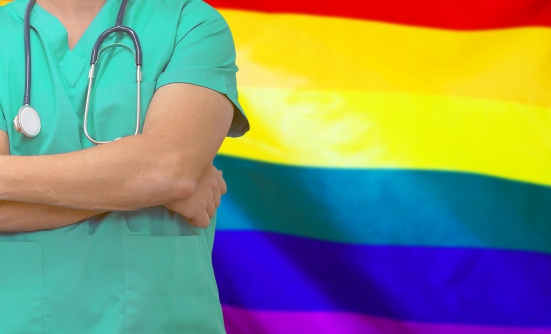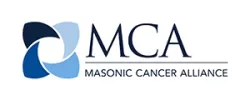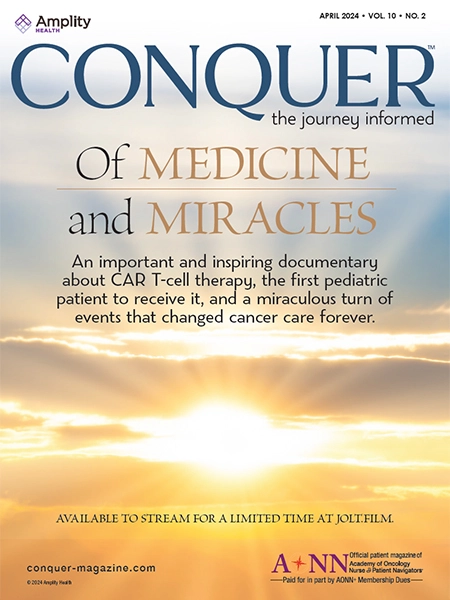Lesbian, gay, bisexual, transgender, queer, and intersex (LGBTQI) people have unique healthcare needs from cancer prevention to screening, treatment, and survivorship. It may come as a surprise to most readers, but a person’s gender identity is a complex matter when it comes to cancer. Social determinants of health, sex-based genes, and relational differences from mainstream society all play a part.
First, members of the LGBTQI community often face routine microaggressions – comments or behaviors that are hostile or negative. In most cases, the people performing the microaggression do not realize that they appear aggressive, biased, insulting, or unwelcoming. For example, the perception that being heterosexual and/or cisgender is “normal” and that being non-heterosexual or transgender is “abnormal,” is insulting and unwelcoming to sexual and gender minorities.















